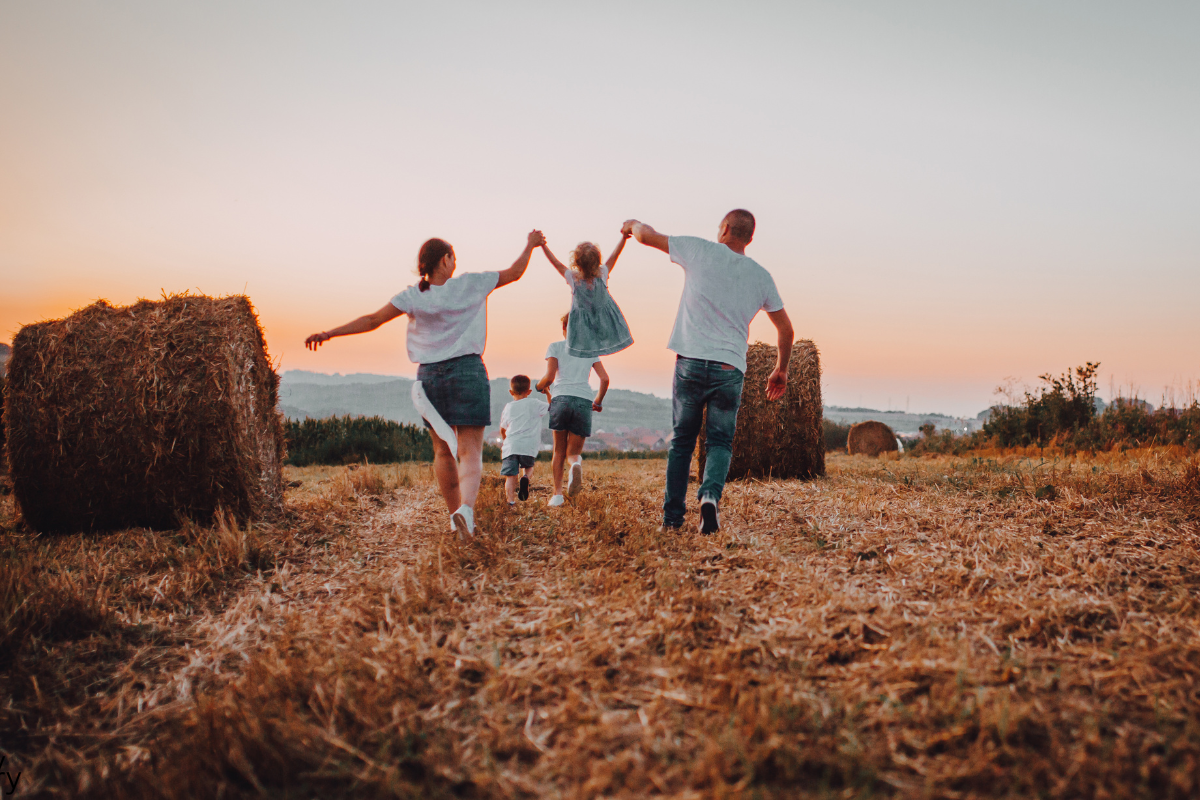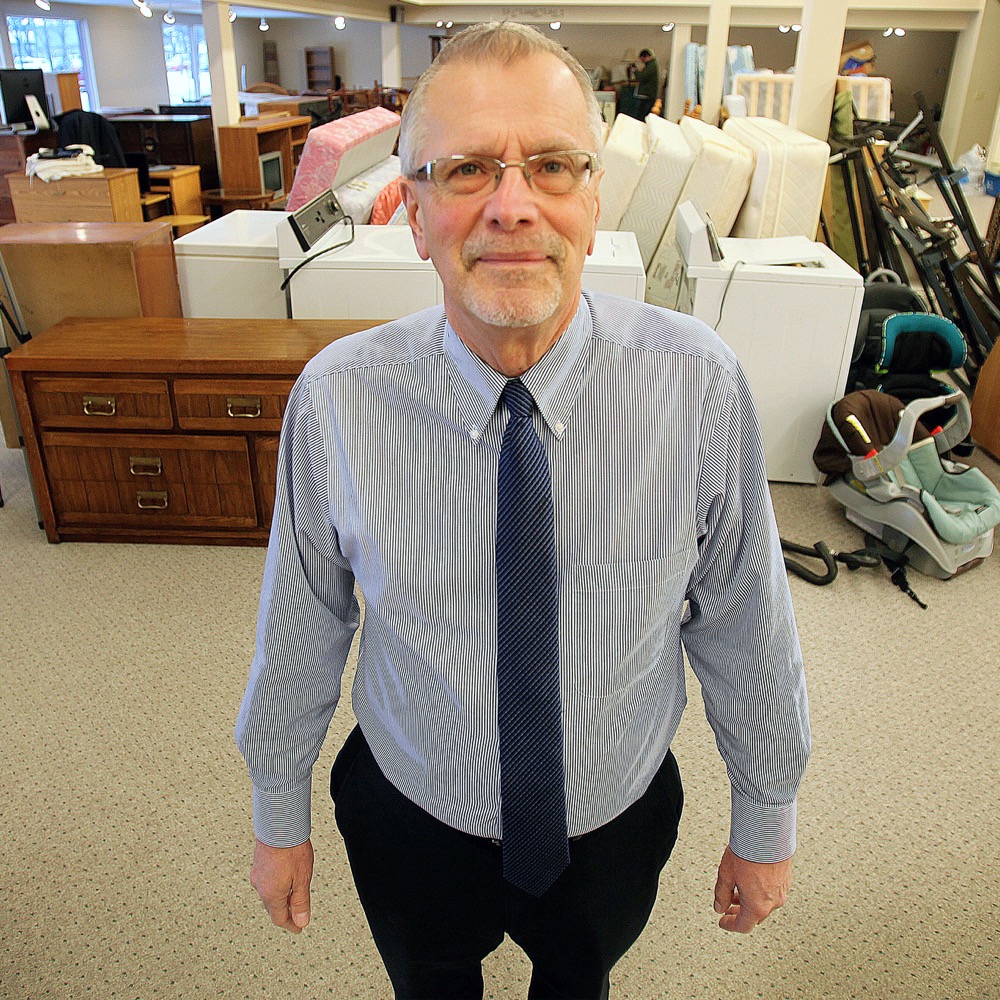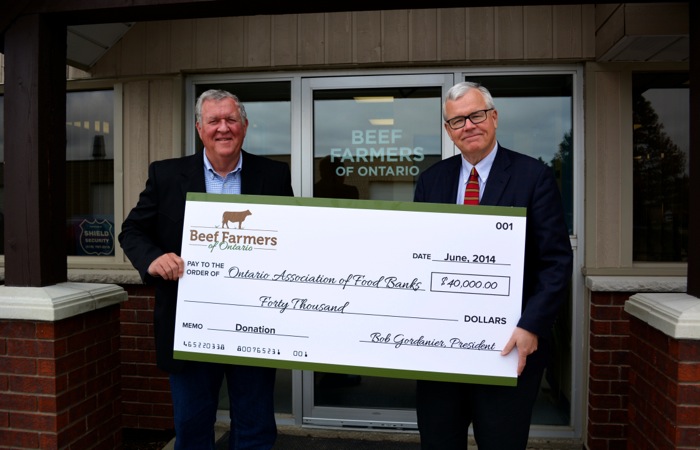Rural people pride themselves on being good neighbours. Whether it’s a barn fire or equipment breakdown, or if a neighbour is seriously ill, they’re quick to offer help.
So it’s not so surprising, at least to rural Canadians, that when researcher Stacey Haugen spoke to Syrian refugees who had settled in Canada’s rural areas, they reported overwhelmingly positive experiences.
The refugees, fleeing violence, hunger and homelessness in their homeland were sponsored by church and community groups who agreed to provide them with care, lodging, settlement assistance and support for a full year.
Read Also

The big squeeze: How to be fair to siblings during farm succession
Managing sibling business relationships on family farms.
Haugen, who hails from rural Alberta, set out in 2017 to document the experiences of refugees in smaller towns and rural Canada. She was the recipient of a research award from the International Development Research Centre, an Ottawa-based agency of the federal government which funds global research in developing nations.
After reaching out to sponsorship committees in four rural communities, Haugen spent about a week in each community interviewing refugees, members of the sponsorship committees, community members and service providers. The communities were located in small towns in southwestern Ontario, southern Alberta, rural Nova Scotia and central Saskatchewan.
The refugees told Haugen that they liked that Canada’s rural communities are quiet and feel safe, that people are friendly, and that their children can play outside. Some of the refugees commented that they liked being able to live in a house with a garden instead of an apartment. And many were able to find jobs locally, some even in their areas of expertise, such as a mechanic and a baker.
These are the same qualities that make Canada’s small towns and rural areas attractive to many people.

All of the refugees spoke to Haugen of the warm welcome they received when they first arrived and while attending community events. But it wasn’t all smooth going. There were challenges, some common to all those living in rural areas such as lack of access to medical services and higher education. And with no public transportation and not having a driver’s license or car, getting around could also be difficult.
But as is often the case with rural citizens, when people are struggling others step up to help. “The rural communities leaned on their social connections and community networks to find solutions,” says Haugen.
This is what sociologists call social capital and it is often more plentiful in smaller communities where social ties may be stronger than in big cities. In the absence of some of the specialized services found in urban areas, residents in rural communities regularly pitch in, further strengthening community bonds.
Some of the ways the community members helped fill the gaps for the refugee families included driving family members to out-of-town medical appointments and stores as well as providing opportunities for them to practise their English.
While some of the refugees wanted to move to a city after their one-year sponsorship was finished so they could access higher education or other services not available in the rural area, many of the refugees Haugen spoke to chose to stay in the small communities.
Haugen says her work supports the argument that many rural communities provide good integration opportunities for refugees who are learning English, finding work, buying homes and feeling welcomed in rural Canada. And, despite the challenges that refugees face in rural communities, including lack of public transportation and access to specialized services, her research showed an overwhelmingly positive story for both community members and refugees.
While the refugees benefited from their time in rural communities, the communities also gained, says Haugen who is continuing this work through a PhD at the University of Alberta. Increased diversity is an asset in smaller communities, as newcomers bring new resources, skills and innovative ideas into the community.
Haugen wanted to highlight positive stories because sometimes rural Canada is perceived as being unwelcoming and intolerant towards immigrant and refugee newcomers.
Each of the sponsorship groups in her study was aware that their communities were largely white and Christian and that people may not have had much experience with other ethnicities and religions. With this in mind, they took steps to inform and involve the wider community in the private sponsorship process through activities such as community meetings, community fundraising, presentations to the town council, and community-wide requests for volunteers and donations.
Sponsorship committee members did witness some negative Facebook rhetoric about immigration or refugees in general and some objections to the sponsorship process. However, they observed that once people got to know the new arrivals, refugee families were readily accepted into the community.
The research is clear that for many rural communities, attracting and integrating immigrants into the social fabric of the community will be essential for long-term economic sustainability, says Clark Banack, acting director of the Alberta Centre for Sustainable Rural Communities in Camrose, Alta. The centre has a mission to support resilient rural communities across Canada through research, education and outreach. That resiliency hinges on having informed citizens who actively participate in community governance and development.
Cultural awareness is a valuable asset for rural communities. Community leaders can build empathy by engaging residents in reflecting on their own family stories, says, Banack. “By answering questions such as, when did your family come to Canada? where did they come from? and why did they come? we realize that today’s newcomers are generally coming to Canada for the same reasons as our ancestors, for access to land or to flee war or famine,” says Banack.

“There are many similarities between our own family stories and those of the newcomers today,” he says. “These things are obvious but easy to forget.”
Most rural communities are actually a lot more diverse than we realize, continues Banack. “Unless they are Indigenous, everyone’s families were immigrants at one time.”
Our unconscious biases can get in the way of accepting people different from ourselves. We are hard-wired to react positively to those who look, sound and act like us yet brain scans show that when we are given pictures of faces different from our own, the primitive part of our brain that responds to fear is activated. This process happens in just milliseconds, and it operates at an unconscious level and may be a survival tool left over from when danger often came from those outside our own tribe.
Similarly, our unconscious biases can also cause us to make snap judgements about people being good or bad based on what we’ve previously seen in the news or on television or have heard from others. These prejudices can lead us to tell inappropriate jokes or avoid shopping in certain stores or hiring certain people, explains Banack.
These stereotypes can have an impact on our beliefs and behaviour. To better understand the damage that can be caused by holding inaccurate generalized beliefs about a group of people, Banack suggests the following exercise. Think about what stereotypes city people hold about rural people. How does it feel to be the target of negative stereotypes? Is it possible that some of the views we hold about newcomers or Indigenous people could also be undeserved stereotypes?
Inviting those with lived experience to speak at community forums can help shine a light on these unwarranted stereotypes. While it won’t solve all the problems overnight, says Banack, small changes can spark a momentum.
Resources
















